A Coaching Model Created by Emily Ann Lombos
(Transformational Coach, PHILIPPINES)
Coaching is about challenging and supporting people, giving them the gift of your presence.- Robert Hargrove(1995) Masterful Coaching
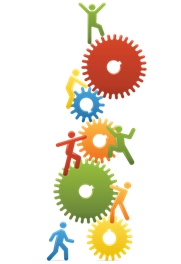 Change is something inevitable. We are evolving human beings going through various life situations and life stages from birth to childhood to adulthood. The shift in life stages may not always be smooth sailing. Each stage may have high waves or challenges that one has to hurdle. The question is, are we ready to change? If not, why? What’s stopping us? If not now, when? How? For different reasons, one may not move or reach to the state they would like to be.
Change is something inevitable. We are evolving human beings going through various life situations and life stages from birth to childhood to adulthood. The shift in life stages may not always be smooth sailing. Each stage may have high waves or challenges that one has to hurdle. The question is, are we ready to change? If not, why? What’s stopping us? If not now, when? How? For different reasons, one may not move or reach to the state they would like to be.
The word “DARE” is to “have the courage, confidence to do something” or to “challenge someone to do something”. As a coach, I encourage my clients and challenge them. The word Transform means “to change in the outward form or appearance, character or condition”.
The journey that one may go through may leave a marked change in one’s life. It could be a change in thought, belief, physical form, emotion, relationships, and habits. The journey itself can be transformational. There’s that wide spectrum of definitions and interpretation of transformation- linear, circular, ongoing, small, or large, expansive transformation and change like the “caterpillar to butterfly” effect (Sammut, K. 2014). The question is, will people be brave enough to transform their lives? Will they take the courage to transform? Thus, the creation of the coaching model D3ARE to Transform.
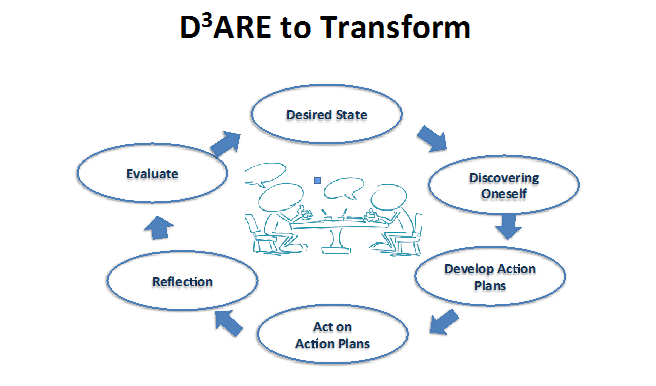 It is a cyclical model. Further description of each phase follows below.
It is a cyclical model. Further description of each phase follows below.
- DESIRED STATE
The client clarifies and identifies one’s vision for oneself. It may be a desired state or an ideal future self. It is finding out where one wants to be. For example one may want to be in a happy state, shift careers, deal with loss, develop competencies, improve performance, reach career goals, go thru life changes or be a better version of themselves. It all depends on what the client wants. Furthermore, this is also the stage that one will identify one’s coaching objective.
Some questions that may be asked at this phase are as follows:
The client may go back to this stage and identify where they are in reaching their Desired state and what takeaways they would like to have at the end of the coaching session. The client may also go back to this stage if they have reached their coaching goal.
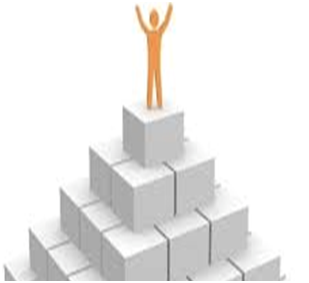
- DISCOVER ONESELF
Nothing happens without personal transformation. –W. Edwards Deming
It is at this phase that one increases self-awareness, using different frames and lenses. In the process of expanding perspective, one may transform one’s point of view about oneself.
Discovering oneself can happen in various ways.
Thru the coaching conversation with the coach asking insightful and powerful questions, actively listening, giving feedback and observations, one may discover more about the self.
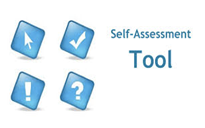 Some tools/practices may also help such as:
Some tools/practices may also help such as:
Some questions that may help are the following:
Use of self-assessment tools or tests such as Enneagram, Conflict Management Style, Communication Style, Myers Briggs Type Indicator, Type A-B Personality, Learning Styles Inventory, Competency Assessment Profile based on one’s Job/Role, Positive Psychology, Customized Wheel of Life using work-life areas or job performance or management-leadership competencies
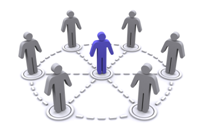 In organizations, sources of data to know about oneself also increase awareness. These can be any of the following:
In organizations, sources of data to know about oneself also increase awareness. These can be any of the following:
Total Systems Approach by doing a systems map to see oneself and the total system they are a part of.
At this stage of discovering oneself, there may be areas in one’s life that one needs to unfreeze such as behaviors, beliefs that are no longer serving oneself.
- DEVELOP ACTION PLANS
At this phase, one identifies options, activities, actions, new ways, new habits, new practices to learn, improve and reach one’s desired state. The client explores possible actions and consequences or may just choose to just go with the flow. The outcome of this phase is can be an Action Plan.
Some questions that may help are the following:
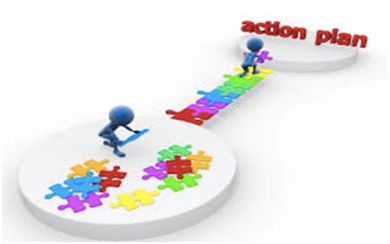
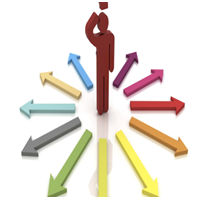
- ACT ON ACTION PLANS
You’ll never change a life until you change something you do daily. The secrete of your success or happiness is found in your daily routine.- John Maxwell
Following the plan developed, the client takes action. One may engage in a challenging experience, experiments with innovative and new ideas.
Some helpful tips:
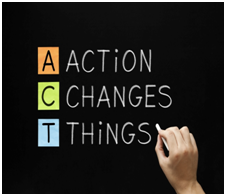
- REFLECT
Reflection can happen during the coaching session. The coach may reflect back what one has heard or observed. The coach may also ask powerful questions that will make the client reflect.
The client on his/her own can practice self-reflection. For one to learn from experiences and not repeat past mistakes, one must need to slow down and reflect both during and after each experience. Reflection leads to insight. Practices such as daily reflection, self-acknowledgement and gratitude can be helpful. Begin or end the day with questions such as What are 3 things I am grateful for? What are my blessings?
Some others questions can be:

- EVALUATE
At this phase, one looks at the outcomes. Check if the outcomes met the client’s desired state. It is going back to the coaching objectives or goals. This form of evaluation can be called “Return of Expectation”. Return of Expectation can be testimonial stories of how the coaching process helped the client achieve their desired state.
Kirkpatrick’s 4 Levels of Evaluation (Kirkpatrick’s) may also be used. In most cases, this is often used by the organization’s Learning and Development or the Human Resources Department who want to measure the effectiveness of the coaching program.
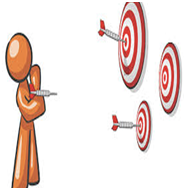
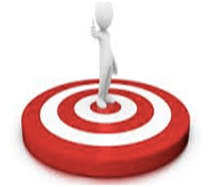 Once the client has reached the desired state or objective, they may choose to end at this phase. However, as evolving human beings there may be additional learnings or a new goal which may lead the client back to the first phase of the Desired State.
Once the client has reached the desired state or objective, they may choose to end at this phase. However, as evolving human beings there may be additional learnings or a new goal which may lead the client back to the first phase of the Desired State.
References
Hargrove, R. (1995). Masterful Coaching Extraordinary Results by Impacting People and the Way They Think and Work Together. San Francisco: Jossey-Bass/Pfeiffer.
Kinsey-House, Henry, Kinsey-House, Karen, and Sandahl, Philip (2011). Co-Active Coaching Changing Business Transforming Lives (3rd edition). Nicholas Brealey Publishing: London; Boston
McGurk, J. (2010). Real-World Coaching A guide for Practitioners. Chartered Institute of Personnel and Development 151 The Broadway London SW19 1JQ. Website: cipd.co.uk
Merriam-Webster Dictionary http://www.merriam-webster.com/dictionary/
Sammut, K. (2014) Transformative learning theory and coaching: Application in practice. International Journal of Evidence Based Coaching and Mentoring. Special Issue, 8, June 2014, 39-52. http://ijebcm.brookes.ac.uk